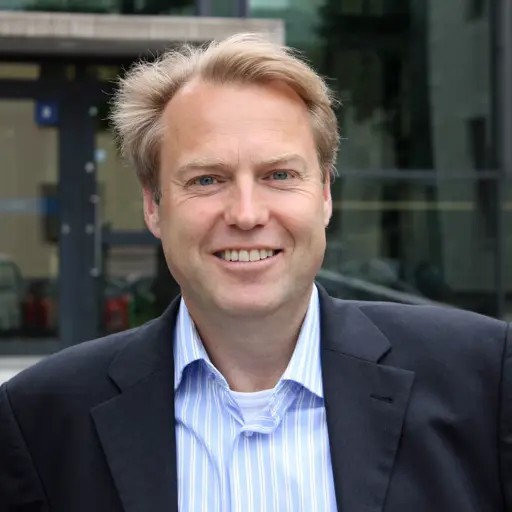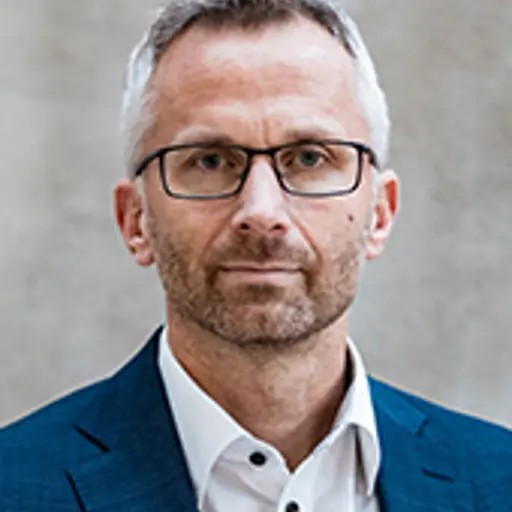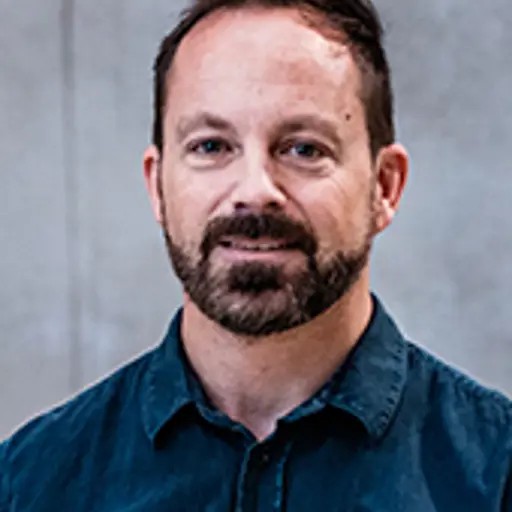
Chalmers provides a number of sought-after courses aimed at professionals. These courses play an important role in raising the level of competence in various sectors and contribute to the development of both private companies and government agencies. At the Department of Technology Management and Economics, professional education has a long history and is appreciated for its contribution to both research and regular teaching.
At Chalmers, there are courses aimed at professionals in many different industries. For example, there is a wide range of courses within the maritime sector. At the Department of Technology Management and Economics, training is provided for the manufacturing industry, for healthcare and for organisations seeking to identify and reduce their climate footprint.
The purpose of the courses for professionals is to meet the need for continuous skills development, not merely for engineers but also for other professions. The courses help professionals to update and deepen their knowledge and apply new research in practice.
"We raise the level of knowledge within companies and organisations. Hundreds of managers and specialists have developed their skills with us over the years. The courses assist in spreading awareness and new knowledge in different sectors," says Ola Hultkrantz, lecturer at the department and involved in both undergraduate and further education.
The department currently offers three main areas of study: lean production, applied life cycle thinking and quality education for health care. Training in transformative innovation policy is also provided, as well as other courses on demand.
Training in lean production
The course in lean production aims to streamline production processes and improve quality, mainly in industry but also in completely different sectors. The courses in lean production include practical exercises and study visits, for example at Sahlgrenska University Hospital, where the principles of lean production are applied in a healthcare environment. This gives participants a unique insight into how the lean concept can be adapted and applied in widely different environments – from industry to healthcare.
"During the course, participants learn, among other things, about value streams. The course includes practical exercises where participants apply the theory to real companies, which helps them connect theory and practice in a meaningful way, says Per Medbo, lecturer and long-time involved in lean education.
Participants in the course get to report on their own projects from their organizations, where they get to show how they have applied lean principles and what improvements they have achieved in practice.
The course is now in its 114th round – a clear sign of how sought-after the education is. The training is partly carried out in collaboration with the national initiative Produktionslyftet.
Practical tools in life cycle assessment
Another highly sought-after education is in life cycle assessment, LCA. The course provides the basics of applied life cycle thinking and is aimed at beginners in the field. The training is two days long and is given in English, through the national competence centre Swedish Life Cycle Center, located at Chalmers.
"The course combines lectures with exercises and is limited to 16-20 participants to enable interaction and dialogue," says Anna Wikström, project manager at the Swedish Life Cycle Center.
The competence centre also arranges other forms of training and larger conferences, such as the international SETAC Europe 26th LCA Symposium in October 2024, which is expected to attract 500 participants.
Life Cycle Assessment is a scientifically based methodology for calculating the environmental impact of products and services, and the course aims to provide participants with practical tools to apply this methodology in their respective organizations. Participants come from different sectors, including industry, academia, institutes and government agencies, creating a dynamic learning environment with many opportunities for networking.

Courses for developing healthcare
For more than 20 years, Chalmers has supported the healthcare sector with courses in organisational issues and improvement work. In collaboration with Region Västra Götaland, almost 700 employees have been trained through CHI, Collaborative platform for Healthcare Improvement.
The main education is a 15-credit course in quality-driven operational development. The course is at advanced level, designed for healthcare professionals who have experience in conducting quality improvement in healthcare. It is a professional academic education that demonstrates practical experience in quality improvement and offers an introduction to appropriate research methods.
"The courses are a fantastic way for us in research to 'keep our ear to the ground' and be attentive," says Andreas Hellström, senior lecturer and active at CHI.
"It keeps ourselves up to date with the challenges and issues that are being grappled with in healthcare, but we will also provide input on what we can contribute from our side. The courses have also made Chalmers known to this target group. Among other things, it has become a channel for people who are interested in doing a PhD with us. By getting to know the competencies at the department, a completely new area of knowledge is clarified beyond what the participants traditionally learn in, for example, medical and nursing education.”
The strength of a university
One thing that several of those involved in the professional education underline is the strength of being a university – and therefore perceived as a neutral party. This is particularly valuable in the healthcare sector, where Chalmers is not linked to any specific professional groups. The neutrality perspective means that different stakeholders feel confidence in Chalmers as an education partner.
The Chalmers brand also plays an important role in these educations. The course participants feel a sense of pride in being associated with Chalmers, which strengthens both their professional identity and the connection to the university.
In-demand courses that strengthen Chalmers
"All these hundreds of courses and hundreds of professionals who have received an education show that we are meeting an important need. We will continue to be trusted to carry out the training from the companies, organisations and regions. We have also written an article on the benefits that the courses provide for both the individuals and for the organisation as a whole, and what the long-term effects are," says Patrik Alexandersson, project manager for the collaboration platform CHI.
The fact that professional education also has an impact on research, as well as in undergraduate education where professionals work together with regular Chalmers students on joint projects, is further proof of the strength of having an educational activity aimed at companies and organizations.
In the future, it is hoped to make even better use of the networks created through the courses. Among other things, by linking educational efforts even more clearly to research and undergraduate education, as well as finding ways to measure and show the effects of skills development in a more systematic way.
More about professional education at Chalmers:

Contract education
Employers who want to give their employees an opportunity for skills development can do so by paying for contract education. Some courses can give higher education credits while others give diplomas/certificates.
Photo: Swedish Life Cycle Center
- Lecturer, Supply and Operations Management, Technology Management and Economics
- Lecturer, Supply and Operations Management, Technology Management and Economics
- Project Leader, Project and Centre Management, Technology Management and Economics
- Senior Lecturer, Innovation and R&D Management, Technology Management and Economics
- Project Leader, Project and Centre Management, Technology Management and Economics




